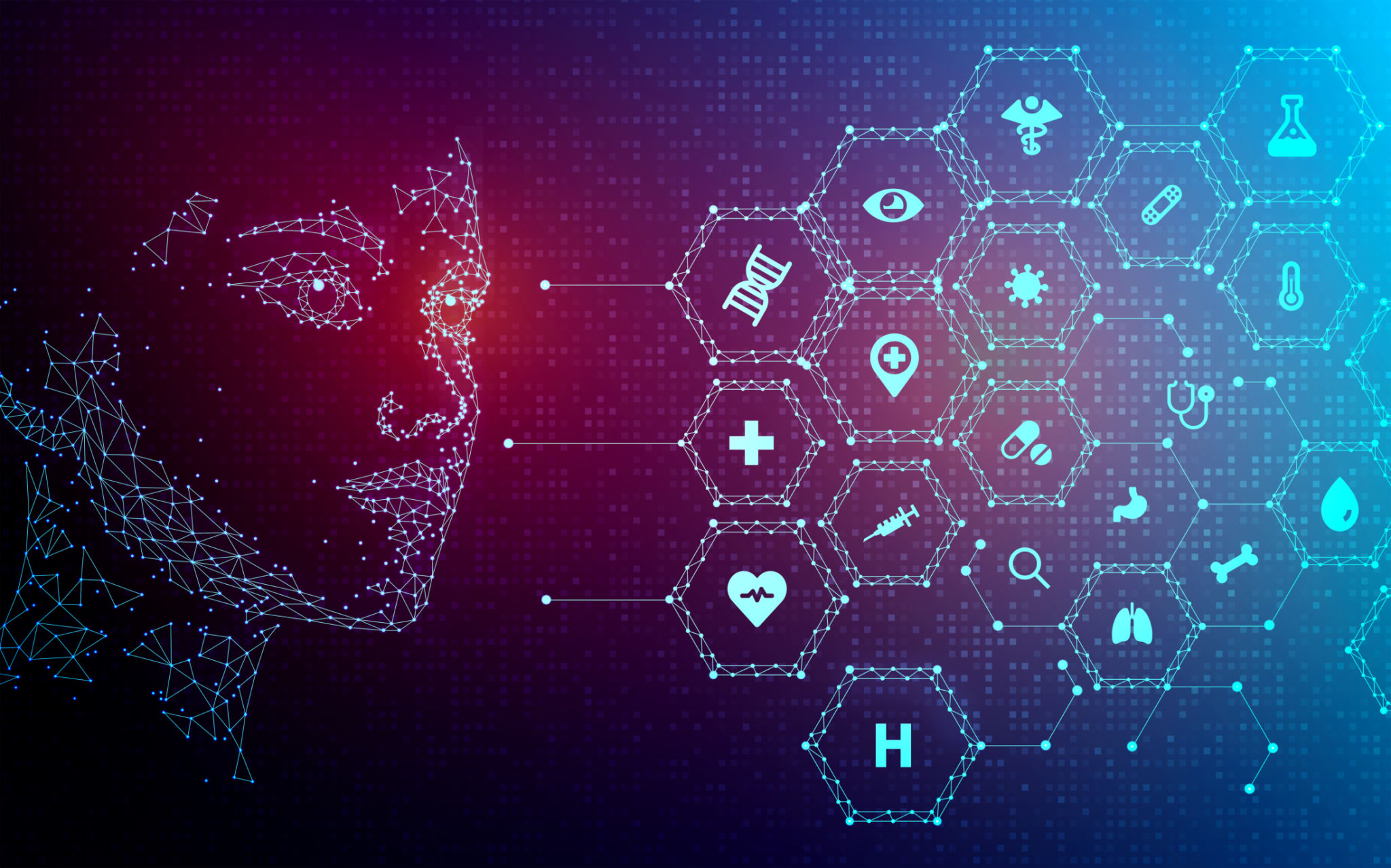Seasonal Trends in AI Healthcare: Preparing for Innovative Patient Care Solutions
The Growing Role of AI in Healthcare
The integration of Artificial Intelligence (AI) in healthcare is rapidly evolving, offering groundbreaking solutions for patient care. As we move through different seasons, both figuratively and literally, the trends in AI healthcare continue to adapt and innovate, addressing the unique challenges that arise in the medical field. This dynamic landscape requires healthcare providers to stay informed and prepared for the latest technological advancements.
From predictive analytics to personalized medicine, AI is transforming how care is delivered. This transformation not only improves patient outcomes but also enhances the efficiency of healthcare systems. As we delve into the latest trends, it's important to understand how these innovations can be leveraged to provide superior care.

Innovations in AI-Powered Diagnostics
One of the most significant contributions of AI in healthcare is its ability to enhance diagnostic accuracy. AI algorithms can analyze large datasets with precision, helping clinicians identify diseases earlier and more accurately than traditional methods. This capability is particularly beneficial in fields such as radiology and pathology, where early detection can significantly impact patient outcomes.
For instance, AI-driven tools can assist radiologists by highlighting potential areas of concern in medical imaging, allowing for quicker and more reliable diagnoses. As these technologies become more sophisticated, they promise to reduce human error and improve diagnostic efficiency.
Personalized Medicine and Treatment Plans
Another trend gaining momentum is the use of AI for personalized medicine. By analyzing a patient's genetic information, lifestyle, and other relevant data, AI can help design customized treatment plans tailored to individual needs. This approach not only increases the likelihood of successful outcomes but also minimizes adverse effects associated with one-size-fits-all treatments.

The ability to predict how patients will respond to certain medications based on their genetic makeup is a game-changer in patient care. With AI, healthcare providers can develop more effective treatment strategies, leading to improved patient satisfaction and health outcomes.
Streamlining Administrative Tasks
Beyond direct patient care, AI is also making waves in streamlining administrative tasks within healthcare facilities. By automating routine processes such as scheduling appointments, managing patient records, and billing, AI frees up valuable time for healthcare professionals to focus on patient care. This efficiency not only reduces operational costs but also enhances the overall patient experience.
Moreover, AI can help manage staffing levels by predicting peak times for patient visits, ensuring that facilities are adequately staffed to meet demand. These improvements in administration translate into a smoother, more efficient healthcare delivery system.

Preparing for Future Innovations
As AI continues to evolve, it is crucial for healthcare providers to stay ahead of the curve. Staying informed about the latest developments and understanding how they can be integrated into existing systems will ensure that providers are well-equipped to offer cutting-edge care. Investing in training and development programs for healthcare professionals will also be essential in maximizing the benefits of AI technologies.
By embracing these seasonal trends in AI healthcare, providers can prepare for a future where innovative patient care solutions are not just possibilities but realities. The adoption of AI-driven technologies promises a new era of healthcare that is more efficient, personalized, and effective than ever before.